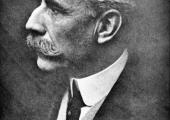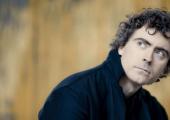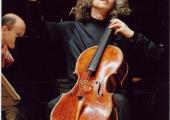110th Anniversary Gala 2, Wigmore Hall

Starry birthday line-up does passionate justice to Schubert and Elgar
Ghosts legendary and personal dog the nostalgic footsteps of Elgar's utterly characteristic late Piano Quintet - though who knew the old man had as much red blood in him as last night's world-class team managed to squeeze out? And circumstantial ghosts have often niggled during the little portion of the Wigmore Hall's century-and-a-decade history I've witnessed, namely the spectre of sweltering at the back behind rows of nodding heads seemingly as old as the hall itself. But there are also the noble spirits of great performances, and heaven knows this sedate old venue has seen a few of those. I've already heard one such this year, and yesterday provided another.









